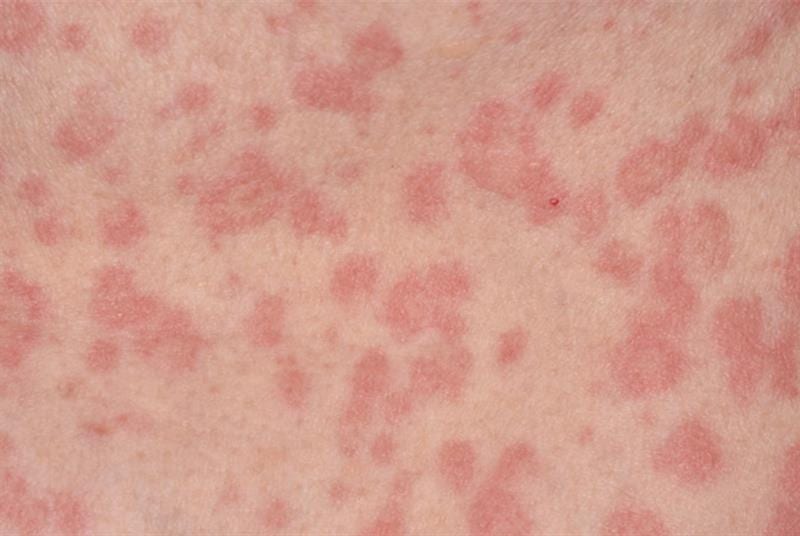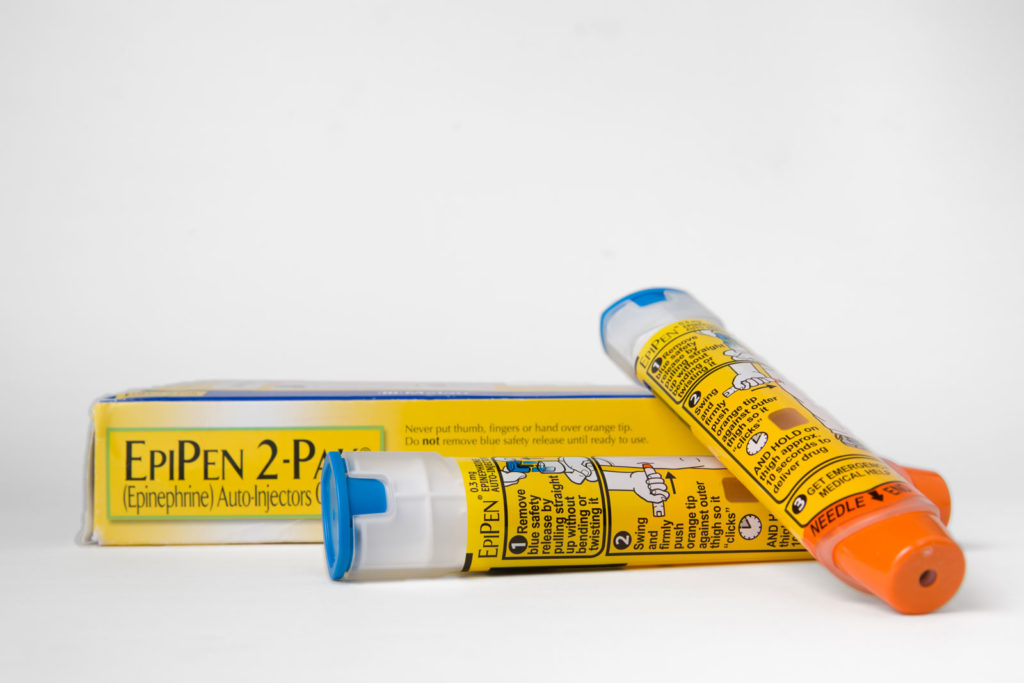Cold air can have many adverse effects on us, especially if we experience a drastic change in temperature due to such exposure. However, we never think that things can get really bad due to such a trivial thing. A man from Colorado, USA, might have something more to say about this. The man in question seems to have developed a serious allergic reaction to cold temperatures. The 34-year-old man collapsed after getting out of the shower. His family found him on the floor after the fact.

The immediate symptoms that he displayed were difficulty in breathing and hives on his skin. The doctors say that this resulted from him experiencing anaphylaxis, which is a whole-body allergic reaction, which can be life-threatening in the worst cases. The medical history of the patient indicates that he has been allergic to the cold air for a long time. However, he had never experienced anaphylaxis before. The man was given epinephrine on time and was transported to the hospital quickly. He was covered in hives and was sweating profusely when the paramedics arrived with him at the hospital.
Reportedly, the episodes of allergic reaction had started when the man moved to Micronesia from Colorado. The weather of Micronesia is considerably colder than that of Colorado, which could be why the man experienced such an aggravated reaction. The doctors diagnosed him with cold urticaria, an allergic reaction of the skin to cold air or cold water. The full-body exposure that the man went through is why such a severe reaction was induced. The most common symptom is simply red, itchy rashes (hives). However, severe cases can include anaphylaxis as well, as in this case.

This condition is not all that common. One study which was conducted in Europe found that it had a prevalence of 0.05. The severe anaphylactic reactions are less common than the hive-like reactions. Researchers think that the reason for this condition could be a genetic predisposition and can be inherited. The reaction happens because the cold makes the immune system release chemicals called histamines, which trigger an inflammatory response. The test to determine whether a person has cold urticaria involves putting an ice cube on the skin of the patient for 5 minutes. If the patient develops a red bump in the skin, the diagnosis is positive.
The exposure to cold air, in this case, could have proved to be fatal if the family members had not found the man in time. However, most of us are likely never to have such a reaction to cold air, but more research into the causes of such allergies could lead us to better understanding the human body.
Further Reading:


